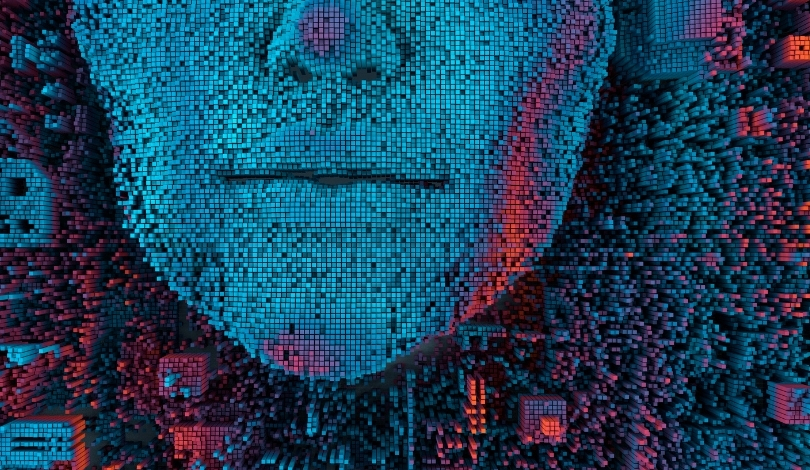Andreessen Horowitz, a prominent venture capital firm, has identified a recent slowdown in the advancement of artificial intelligence (AI) models. This observation comes despite the firm’s substantial investments in AI startups and chip technology programs. The founders, Ben Horowitz and Marc Andreessen, are reassessing the trajectory of AI development and its implications for future investments.
Recent reports highlight that AI capabilities have plateaued, with fewer significant improvements compared to previous years. This stagnation has prompted Andreessen Horowitz to evaluate the underlying factors affecting AI growth and to strategize accordingly to maintain their leading position in the technology sector.
What Factors Are Limiting AI Model Improvements?
“Sitting here today, there’s six that are on par with that. They’re sort of hitting the same ceiling on capabilities,”
Marc Andreessen explained on a recent podcast. The firm points to the diminishing returns in AI model enhancements, where advances from GPT-3.5 to GPT-4 have been less pronounced compared to earlier versions.
How Is Andreessen Horowitz Adapting to GPU Shortages?
“Once they get chips we’re not going to have enough power, and once we have the power we’re not going to have enough cooling,”
Horowitz noted the challenges beyond just acquiring GPUs. In response, Andreessen Horowitz has launched a chip-lending program, aiming to support their portfolio companies by providing necessary hardware in exchange for equity, and is building a stockpile of 20,000 GPUs to mitigate supply constraints.
What Is the Impact of Data Constraints on AI Development?
The availability of high-quality training data has become a significant barrier. Andreessen Horowitz observes that the reduction in accessible data due to restrictions by websites has led AI companies to hire thousands of experts to generate specialized data manually. This shift underscores the increasing difficulty in sourcing sufficient data to train and improve AI models effectively.
Despite these challenges, Andreessen Horowitz remains committed to AI innovation. The firm’s strategic initiatives, including substantial funding allocations and infrastructure investments, aim to navigate the current limitations and continue supporting the growth of AI technologies. The evolving landscape of AI development necessitates adaptive strategies to overcome technical and data-related obstacles.
The interplay between hardware shortages and data scarcity presents a multifaceted challenge for AI advancement. Andreessen Horowitz’s proactive measures highlight the importance of resource management and strategic planning in sustaining progress within the AI sector. As the firm continues to invest and adapt, the future trajectory of AI development will likely be influenced by how effectively these challenges are addressed.
To thrive in the competitive AI landscape, firms must balance investment in cutting-edge technologies with solutions to operational constraints. Andreessen Horowitz’s approach exemplifies a comprehensive strategy that addresses both immediate resource needs and long-term sustainability, ensuring continued support for innovative AI startups and technologies.










